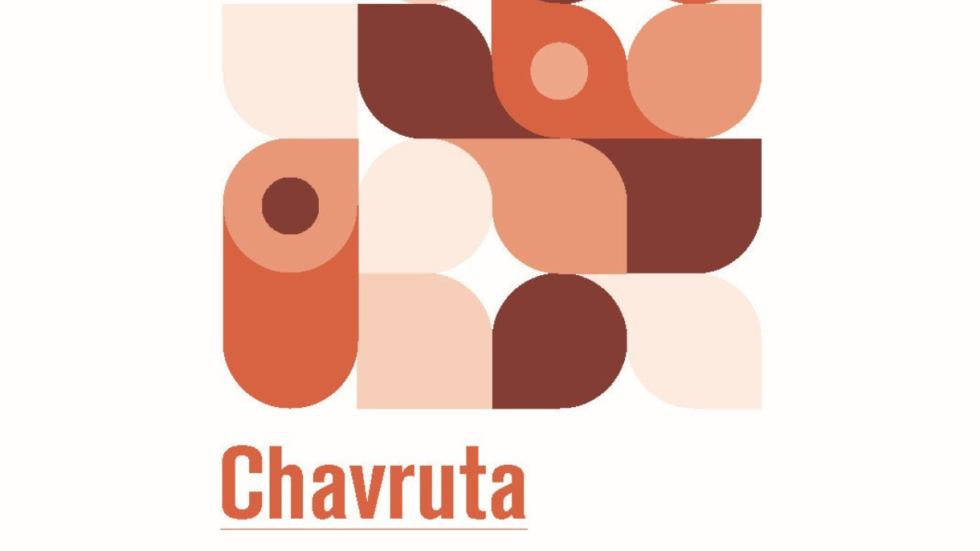
Chavruta
Leadership is a relational activity. It involves deepening and relying upon those relationships we have with other professionals and volunteers that promote mutual support, shared discovery, and constructive reflection. It includes the ability to have difficult conversations. The Jewish practice of dialogue (chavruta) offers a powerful way to learn this art of relationship-building. Nurture relationships of shared discovery.
Self-Awarness: Know Your Personal Biases
Awareness of how I view others (my biases) and a willingness to reach beyond them.
Being With Others: Be Fully Present for Others
Has the ability to be present and engage in active listening, inquiry and helping others to reframe.
Action Towards Change: Engage in Dialogue
Has the ability to provide and receive feedback – appreciative and constructive – to colleagues, partners, supervisees and supervisors that is clear and accepted.
Advanced Skills: Gain Comfort With Uncertainty
Holds and values different (sometimes conflictual) perspectives and interpretations, while also seeking new perspectives and pathways.
Activity Resources
Self-Awareness: Activity 1
Harvard Implicit Bias Test (Video)Action Toward Change: Activity 2
The phrasing around finding a teacher is fascinating. It does not merely say “find” a teacher, but make, appoint, create. In order to make a teacher, we have to acknowledge that we can learn and that someone else can teach. We need humility to understand the things that we do not know. We must recognize our own imperfections and desire to remedy them. In finding a teacher this way, we are not looking for someone who will simply say we are great, but rather someone who will challenge us, push us, help us grow.
Advanced Skills: Activity 1
Tips for managing conflict based on how Hillel and Shamai managed their disagreements